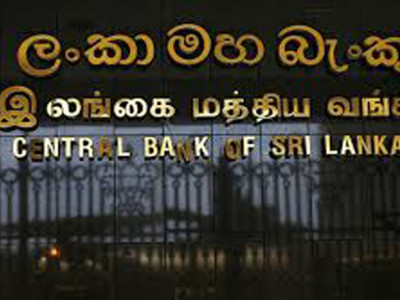(COLOMBO, LANKAPUVATH) –Sri Lanka Tourism has proposed a comprehensive system change to revamp post COVID-19 tourism.
A meeting was held to discuss the way forward and give updates on the relief measures provided by Sri Lanka Tourism during the COVID-19 pandemic to the stakeholders and discuss the gaps they face when obtaining relief measures.
The meeting was conducted under the patronage of Minister of Tourism Prasanna Ranatunga and several distinguished guests including Secretary to the Ministry, S. Hettiarachchi, Sri Lanka Tourism Chairperson Kimarli Fernando and Dhammika Wijayasinghe, Director-General – SLTDA and the meeting was moderated by Prof. Suranga de Silva of Tourism Economics Department, University of Colombo.
‘’A comprehensive system change is essential to revamp post-COVID-19 tourism and I urge all the authorities to accelerate industry reform’’ said Sri Lanka Tourism Chairperson Kimarli Fernando.
During her presentation, she mentioned that Sri Lanka Tourism is to propose to the Government to bring an Act to amalgamate three tourism organizations of the four that comes under Sri Lanka Tourism to effectively manage the institutions and implement the short-term Tourism Strategic Plan (January 2020 -2022).
“Certain private sector stakeholders have been practising a system of their own for 30-40 years and they challenge the new system we try to bring in for everyone’s welfare. If these so-called systems worked properly, then how is it that we are unable to pay wages and tour guide fees in the face of a crisis. This is not what we expect from industry stakeholders and we request the support from all 49 associations in the industry to revive tourism. There are two million people who depend on tourism,” the Sri Lanka Tourism Chairperson further stated.
According to the new framework, work has already commenced restructuring the tourism sector aligning with the National Policy Framework focusing on 10 key areas of priority. Namely, National security, friendly non-aligned foreign policy, Administration free of corruption, a new constitution that fulfils the peoples’ wishes, productive citizenry and vibrant labour force, people-centric economic development, technology-based society, development of physical resources, sustainable environmental management, disciplined, law-abiding and value-based society.
It was also mentioned that the Sri Lanka Tourism Development Authority (SLTDA) has already implemented a National Policy Framework focusing on utilizing technology as the registration process which operates now is 100% online.
As a part of the way forward for Tourism in Sri Lanka, Chairperson Kimarli Fernando mentioned that SLTDA has focused on six transformational themes to increase institutional performance, governance and regulations, improving market understanding, country-wise marketing, improving communication across marketing channels, lifting industry standards at touchpoints: infrastructure development and plan destinations – to develop new areas; getting provincial officers to help with registrations, regional promotions, industry requirements etc.
Apart from that, 17 key tourism activities have also been identified as new attractions in the country for tourists and currently work is underway for MICE tourism, development of attractions, service centres, immigration and emigration facilities, streamlining processes, expanding training schools, community-based tourism, wellness tourism, high-quality service, working with tourist police to minimize harassment of tourists in this regard.
Further, Ms. Fernando stated that they were looking for multi donors to fund these projects such as UNDP, UNWTO, World Bank, European Union for SMEs, Asian Development Bank etc.
The Authority also currently works with the Australian Aid programme through S4IG – Skills for Inclusive Growth for the implementation of a Pandemic Preparedness course with the direction of SLTDA targeting the SMEs of the hospitality industry.
Prof. Suranga de Silva of Tourism Economics Department, University of Colombo said that the gaps in the previous strategic plan such as coordination failures, market failures, institutional failures, resource failures (finance/ human resources) and investment shortcomings have to be addressed for the effective implementation of the new strategic plan.
In this regard, a special task force has been formed with Ministry of Tourism Secretary, S. Hettiarachchi, Sri Lanka Tourism Chairperson Kimarli Fernando, SLTDA Director General Dhammika Wijayasinghe and Prof. Suranga de Silva of the University of Colombo to handle industry-related matters and come forward with effective policies to revive tourism aligning with the National Policy Framework.




